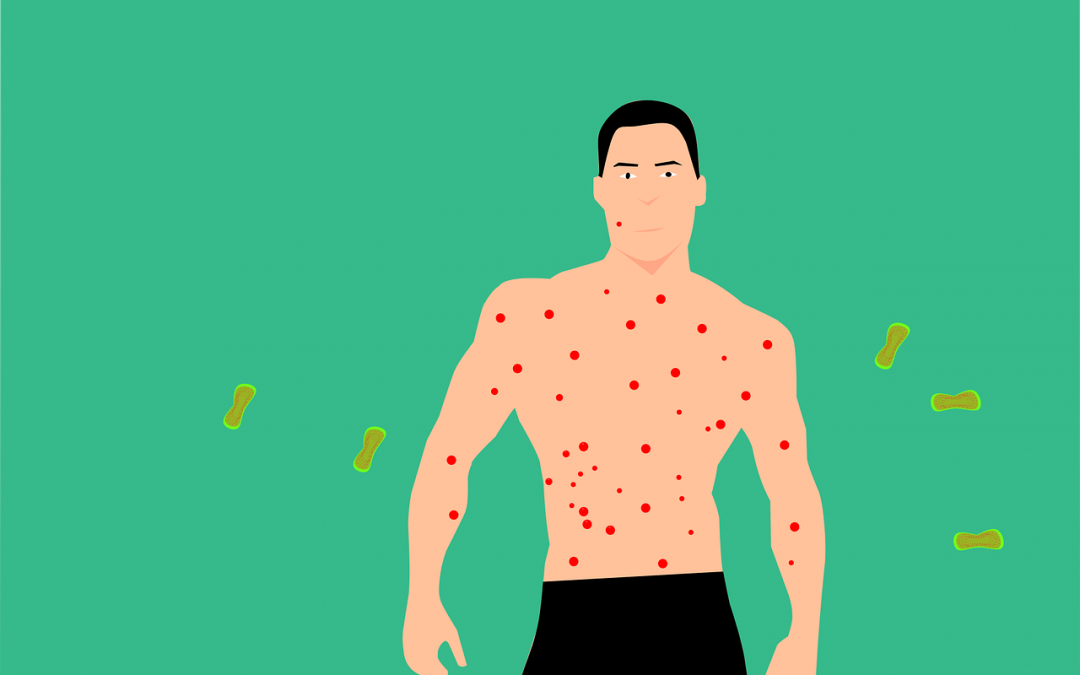Pathogens have a way of shining a light on the darker facets of society. Covid-19 has certainly done that, and the monkeypox virus is doing it again. Pathogens capitalize on individual vulnerabilities, exposures, and behaviors. They also hijack structural inequities embedded within societies.
On cue, monkeypox has been portrayed in stigmatizing ways. Emphasis on same-sex sexual acts has been flagrant at times. So far, it isn’t known if the virus is transmitted through semen. Even if monkeypox is not transmitted through sexual activity, it may have still been able to take hold in sexual and social networks in which people have close skin-to-skin contact. Language conflating monkeypox and sexuality, however, stigmatizes the community of men who have sex with men, and carries the risk of “driving people away from health services, impeding efforts to identify cases, and encouraging ineffective, punitive measures,”
There has also been a racial dimension to the stigma. Initial Western reporting on the monkeypox outbreak extensively used stock images of dark-skinned people with visible rashes on their body, something the Foreign Press Association, Africa has decried.
This mischaracterization stigmatizes Africans as disease sufferers in an outbreak that is primarily now occurring among Europeans and North Americans, and in the process creates misinformation about who is at risk in the current outbreak.
It is ironic — but utterly predictable — that monkeypox will become a global priority now that people in the Global North are getting the disease. High-income countries have access to vaccination or immunoglobulin.
The world seems to be repeating the stigma and structural inequity that has plagued responses to other outbreaks. HIV, for example, is recurrently portrayed as a disease of gay men and Africans, and early depictions of Covid-19 focused on Asians.
Finally, at a time when the Global North is trying to “move on” from the Covid-19 pandemic, a profoundly imbalanced vaccine rollout has left just 17% of Africans fully vaccinated, compared to as many as 75% on other continents.
As a gay man and a scientist, I know there are ways to begin flipping this script. In the early stages of any outbreak, it’s essential to avoid simplistic headlines and unrepresentative images, taking care to communicate the limits of knowledge. Clear, targeted public health information for communities of men who have sex with men is still necessary, however, especially as we are in Pride season.
To emphasize, monkeypox spreads through close face to face, skin to skin, direct contact.
Monkeypox creates a rash that starts with flat red marks that become raised and filled with pus. Infected people will also have a fever and body aches.
Symptoms typically appear in six to 13 days but can take as long as three weeks after exposure. They can last for two to four weeks, with severe cases occurring more commonly among children, according to the World Health Organization.
The C.D.C. says there is “no proven, safe treatment” for monkeypox but the Food and Drug Administration has approved the use of smallpox vaccines and antiviral treatments to control outbreaks. Older people who received smallpox vaccinations may yet have some immunity, researchers say. Healthy children and adults generally do not become severely ill.
Of importance to the LGBT people is that 41% of patients HIV-positive. Among cases with reported sexual orientation, 60% (1,214 of 2,025) identified as gay, bisexual, and other men who have sex with men.
The most often suspected and reported route of transmission, among known contacts, has been through sexual contact. Due to sensitivity in reporting a full list of sexual contacts, identification of all contacts of probable and confirmed cases has therefore proven to be very challenging in this outbreak, and might be one of the reasons why it is hard to break all chains of transmission the World Health Organization said.
Here at the NABWMT we have history of fighting the stigma of HIV and other health and racist issues, let’s spread the word, not the virus!

